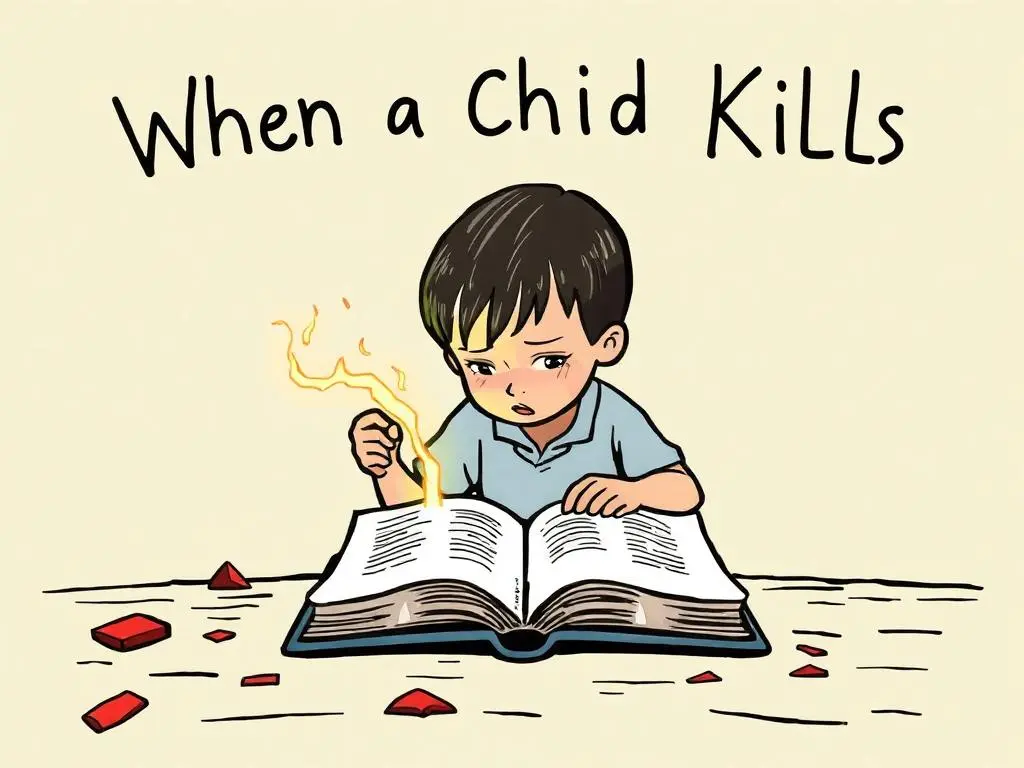Murder, Murder, Everywhere

Male authors love to send their male heroes on the road. Any excuse will do, from a gathering of crime clans to a rowdy biker rally. (For my money, “32 Cadillacs,” by Joe Gores, tops the chart on these screwball road-trip crime novels.) Female authors, not so much. Which brings us to DON’T TURN AROUND (HarperCollins, 320 pp., $27.99), a hair-raising entry in this subgenre by the pseudonymous Jessica Barry.
Cait Monaghan hits the road out of desperation, trying to extract herself from a nasty run-in with internet trolls. It all started with an essay she wrote called “WORST. DATE. EVER,” about the time she’d been choked during sex. The response to the article rattled her. Besides the expected notes of commiseration from women who had been similarly victimized, there were personal threats so savage they made her fear being physically attacked. “Who were these people and why did they hate her so much?” Cait wonders.
Why, indeed? Barry digs deep down into the topic of internet trolling, not savoring the vileness, the way some authors do when writing about serial murderers, but with a sense of awe at the level of depravity she finds on the dark web. To cleanse her own soul, Cait works as a Lyft driver delivering battered women to shelters, volunteers at an abortion clinic called “Sisters of Service” and tries to help vulnerable people like Rebecca McRae, who urgently needs to be rescued from Lubbock, Texas, and driven over 300 miles across the state line to Albuquerque. But once they hit the highway the women pick up pursuers without knowing which one of them is being chased, or by whom.
To me, the most illuminating aspect of this book is that it’s absolutely humorless. In male versions of the road-trip novel, the guys manage to have a lot of fun between the obligatory car chases, highway shootouts and other daredevil conventions of the formula. From the perspective of women being chased across the country by men with a vicious agenda, the open road looks a whole lot scarier — and much too scary to joke about.
♦
No good can come of male social clubs whose privileged fellows refer to themselves as “the Lost Boys.” In THE STONE GIRL (Norton, 460 pp., $27.95), Dirk Wittenborn exposes a precious clique of such “boys” for the sexual predators they are through the story of Evie Quimby, who is assaulted by a creep belonging to a private hunting reserve in the Adirondacks called the Mohawk Club. The members there all marry rich women and then exploit them, “milking them like a herd of prize dairy cows.”
Evie survives the experience and goes on to become an internationally respected art restoration expert “whose hands were trusted enough to repair statues for the Louvre.” Years later, though, she’s lured back to the historic lodge, and into the orbit of the Lost Boys. Wittenborn writes seductive prose that juxtaposes the rugged glory of the Adirondacks against the ugly undercurrents of humanity.
♦
The year is 1586, the setting is London, and the political situation is dire in S. J. Parris’s latest historical mystery, EXECUTION (Pegasus, 484 pp., $25.95). Elizabeth Tudor sits on the throne. Her cousin, Mary — to some, the queen of Scotland, dowager queen of France and the rightful queen of England, but to her enemies, “that conniving Scottish witch” — languishes in the Tower of London. What a great opportunity for regicide!
Giordano Bruno, the Italian philosopher-sleuth in this sumptuous series, goes undercover as a Jesuit priest to thwart the assassination plot before it can bring down the monarchy and throw the nation into anarchy.
But first, he must solve the exceptionally cruel murder of a much-loved woman whose abused body is discovered in an abandoned graveyard, “a pit of sluts, criminals and suicides.” The ferocity of that killing is fair warning of what’s ahead: scenes of prison torture (think: “strappado,” “scold’s bridle” and “the heretic’s fork”), culminating in a public execution so intense that it might cause one to toss one’s cookies.
♦
Orna, navigating an online dating site, messages Gil because “his profile was unexciting” and his photos “nothing too special.” When they meet for the first time, he puts her at ease by asking: “What are we actually doing here? I feel so old.”
From this low-key beginning, D. A. Mishani puts together, in THREE (Europa, 245 pp., $25), a thoughtful puzzle mystery, translated from the Hebrew without any fuss or feathers by Jessica Cohen. After a slow start, their relationship blossoms — at least, until Orna starts noticing discrepancies in Gil’s supposedly heartfelt revelations about his personal history. Is he really who he seems to be? For that matter, is she?
Mishani has constructed the plot as a psychological thriller, a conventional format in any language, but the story has a lot more to say for itself. To be sure, there are scenes of genuine terror. (How’d you like to be tied up and see someone coming at you wearing rubber gloves?) But there are also surprising plot twists and smart character insights, not to mention some terrific Tel Aviv street scenes.




